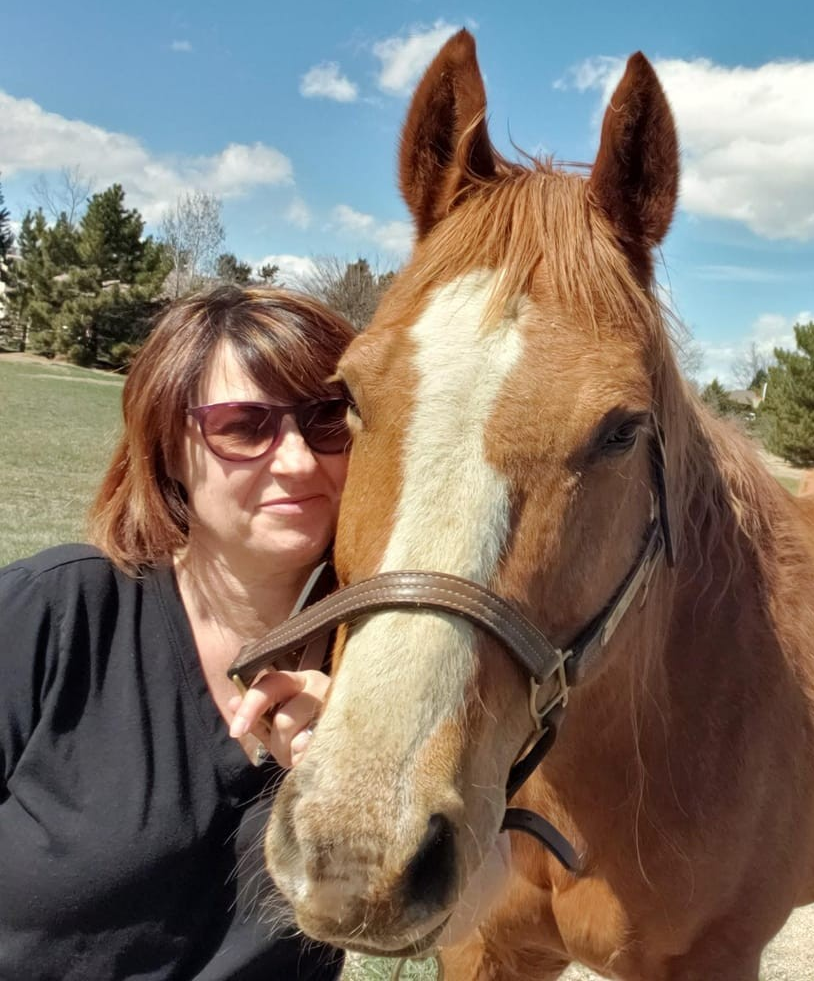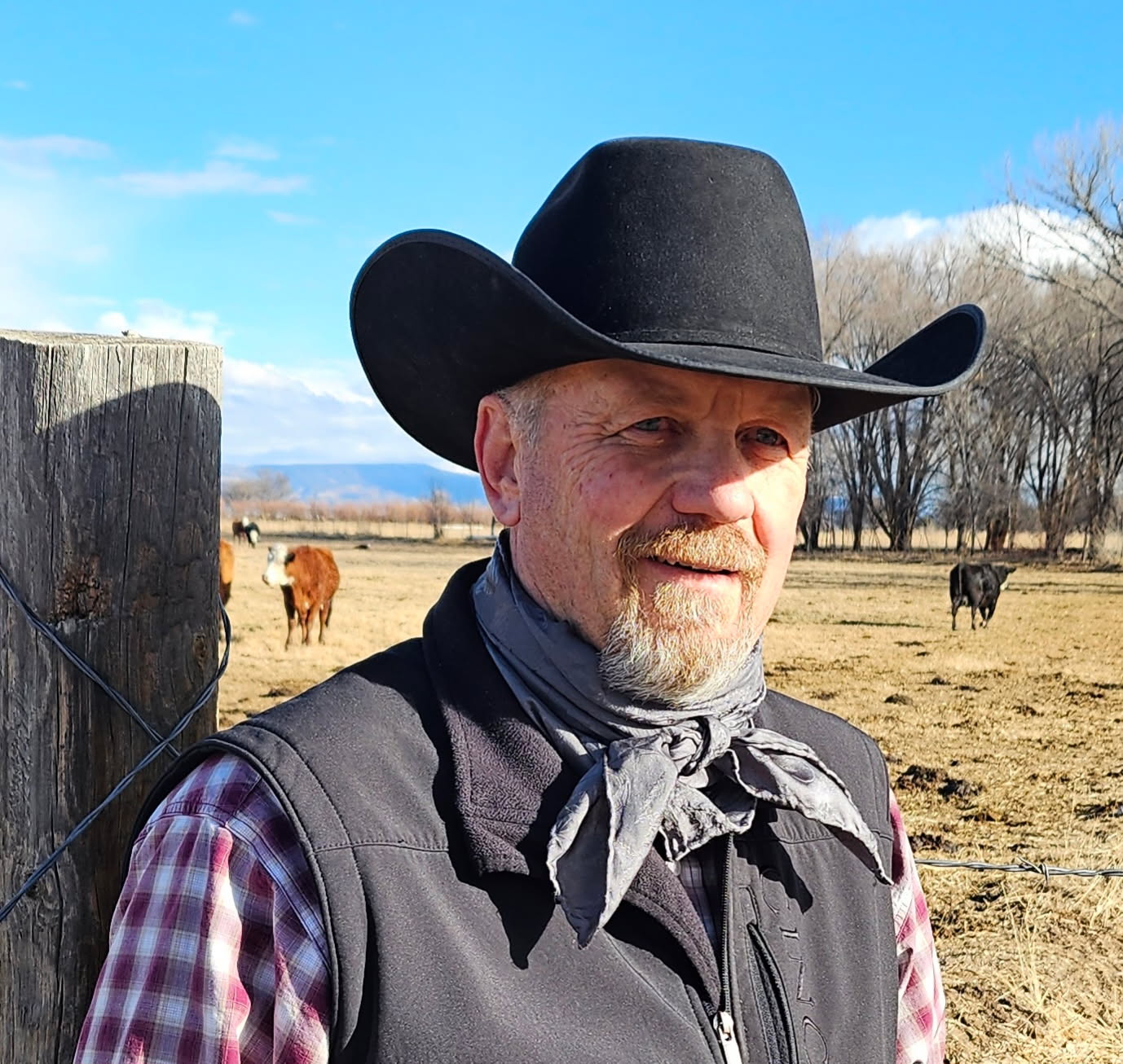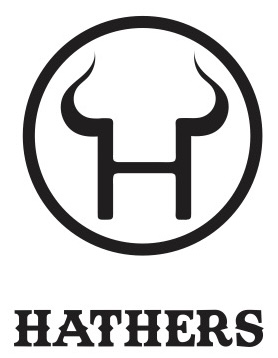Meat Processing Plant
-
$7,200.00
Pledged
-
3
Backers
-
Raise Ended
Remaining
Goal: $500,000.00
highlights
☆ Better, Local Meat:
We believe that consumers deserve better products they can trust, sourced with care for the animals, the environment, and the people involved in every step. We are committed to challenging the status quo of large-scale meat production, and as a potential partner, you can be part of this transformation. Together, we can deliver premium, ethically sourced meat products to a growing market of conscious consumers, all while creating lasting positive impact on local communities and the planet.
☆ Better for you and your community:
Our mission is to transform how meat is produced, from farm to table, by prioritizing sustainability, humane practices, and a deep connection to the communities we serve.
our story
The initiative, established in 2024, is set to address critical challenges facing local ranchers and farmers by offering ethical, locally sourced meat processing solutions.
The vision was born by Lisa Isom, a three-decade business owner in the financial world, when in 2022 she purchased a 428-acre ranch on the Montrose/Delta border.
Witnessing firsthand the struggles of ranchers, from limited access to meat processing facilities to the overwhelming dominance of foreign-owned corporations in U.S. meat production, she felt compelled to act. Hathers Inc. was created to restore autonomy to local farmers, ranchers, and livestock producers.
The ambitious project is well underway, with plans to launch its first USDA-inspected, state-of-the-art modular meat processing facility in Delta, Colorado, by mid-2026. This facility will not only focus on efficiency and sustainability but also support multi-species processing, filling a critical gap in the local agricultural ecosystem. A second facility, dedicated specifically to lamb processing, is scheduled to follow within six months, catering to the growing demand for high-quality lamb products.
"This is more than just a business; it’s about taking back control of our food system and ensuring that our local farmers and ranchers thrive," said Lisa Isom. "We’re here to challenge the status quo and build something that truly serves our community."
Beyond its economic and operational significance, Hathers, Inc. is deeply committed to its community. By fostering partnerships with farmers, ranchers, and educational institutions such as FFA and 4H programs, the company aims to create new job opportunities and develop the next generation of agricultural leaders. Internships and skill-building initiatives will ensure that young minds are equipped to carry forward the legacy of ethical and sustainable farming.
Looking ahead, Hathers is projected to become a major force in the regional meat industry. The company plans to expand its operations with additional cooler units and a ready-to-eat module by year three, further enhancing its production capabilities.
Financially, Hathers’ leadership remains optimistic about its long-term sustainability. While the company has already seen significant investment—over $600,000 self-funded by its founders—future funding will include a combination of government grants, commercial loans, and a crowdfunding initiative aimed at raising $500,000.
But beyond the spreadsheets and business plans, what truly matters is the impact. The Hathers team envisions a day when a rancher can take pride in knowing their cattle will be processed with care and respect, where a local hunter could bring in a deer and receive expertly crafted cuts for their family, and where consumers could trust that the meat on their table was raised with honor.
As the agricultural landscape continues to evolve, Hathers is poised to set a new standard for ethical and sustainable meat production, proving that when a community comes together with a shared vision, real change is possible.
FOREIGN CONTROL - Non-U.S. companies operate a majority of the processing in the U.S.
LOW PRODUCTION - Due to minimal local capacity and corporate pricing ranchers are not producing as much as they used to.
UNRELIABILITY - Not knowing the source of meat products and whether animals were treated humanely.
CAPACITY - Current processing plants in Colorado are at max capacity with 6-12 month wait times.
SUPPLY CHAIN - Recent years have shown that we cannot always depend on outside sources
LOCAL - Our partnerships with local farmers and ranchers strengthen the local economy, create jobs, and promote sustainable practices that benefit the entire region.
HIGH QUALITY - Provide health conscious, consumers with humanely processed products they can trust, while reinvesting in the health and vitality of local communities.
EXPANDABLE - Our modular system allows for new, quick additions to the facility without major infrastructure changes.
Direct to consumers, meat sales in Colorado total approximately $27 million, driven by growing demand for ethical and sustainable processing practices.
Only 33 of the 120 meat processing operations (27%) in Colorado are inspected by the USDA, limiting market access to growth potential
THE COMPANY






Terms
| Year 1 | Year 2 | Year 3 | |
|---|---|---|---|
| GROSS SALES | $17,875,316.00 | $31,332,580.00 | $32,272,557.00 |
| COST OF GOODS SOLD | $11,108,034.00 | $12,727,458.00 | $13,020,084.00 |
| GROSS PROFIT | $6,767,282.00 | $18,605,122.00 | $19,252,473.00 |
| EXPENSES | $3,797,127.00 | $8,140,997.00 | $8,342,735.00 |
| NET PROFIT*** | $2,970,155.00 | $10,464,125.00 | $10,909,738.00 |
This data is provided by Hathers Inc.. CrowdSprout never predicts or projects performance, and has not reviewed or audited these financials. Please review the submitted Funding Proposal and additional risk disclosures before making an investment.
*** EBITDA - Earnings before interest, taxes, depreciation and amortization.
FAQs
When will the processing plant be running?
The first of 2 facilities is planned to be in operation by April of 2026. The second facility is expected to open 6-9 months after the first.
Where will the plant be?
The processing plant will be located on the Delta and Montrose County border off Highway 50 in Delta Colorado.
Can I invest more than $5000.00?
Yes, if you are an "accredited investor" you can invest over $5000.00. An "accredited investor" is an Individual earning at least $200,000 per year, or $300,000 with a spouse or partner; with a net worth of at least $1 million (excluding their primary residence). Or an entities with assets of at least $5 million. Simply acknowledge that you are an accredited investor when asked.

